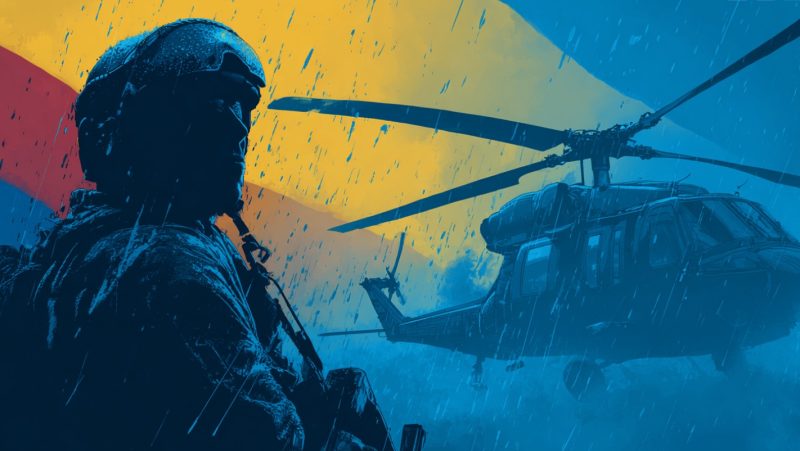
The Trump administration’s recent acknowledgment of covert CIA operations in Venezuela, coupled with a series of lethal strikes on suspected drug-smuggling boats in the Caribbean, signals a dramatic escalation in U.S. foreign policy. This is not just a war on drugs, it’s a shadow war creeping toward outright conflict, with little transparency, oversight, or clear legal justification.
The Shadow of Covert Action
President Trump’s confirmation that he authorized the CIA to conduct covert operations in Venezuela is extraordinary. Historically, U.S. presidents have avoided public acknowledgment of such actions, even when they were an open secret. Trump, however, has leaned into the narrative, citing two reasons for the authorization: Venezuela’s alleged role in flooding the U.S. with drugs and criminals. He claimed, without evidence, that the Maduro regime had “emptied their prisons” into the United States and that Venezuelan drug cartels were a major source of narcotics entering the country.
But the reality is more complex. Venezuela plays a relatively minor role in the regional drug trade compared to other countries like Colombia. Experts have pointed out that most fentanyl entering the U.S. comes through land routes from Mexico, not by sea from Venezuela. This raises questions about the true motivations behind the administration’s actions.
A War Without Oversight
The strikes on suspected drug-smuggling boats—five since September, killing at least 27 people—have been justified by the administration as necessary to save American lives. Trump has claimed that each boat destroyed prevents 25,000 deaths from drug overdoses. Yet, no evidence has been provided to substantiate these claims. Lawmakers from both parties have expressed frustration over the lack of transparency, with some calling the strikes “illegal killings”.
